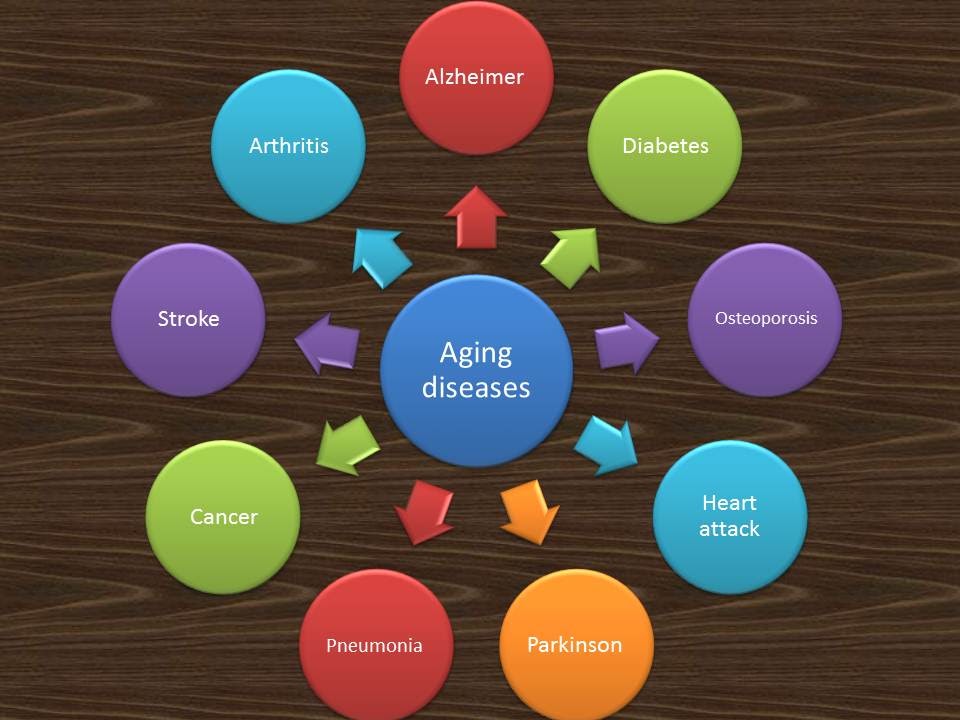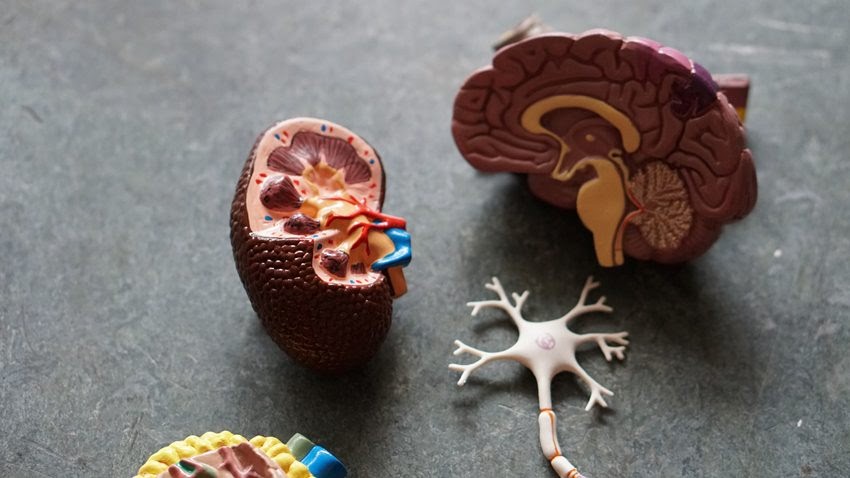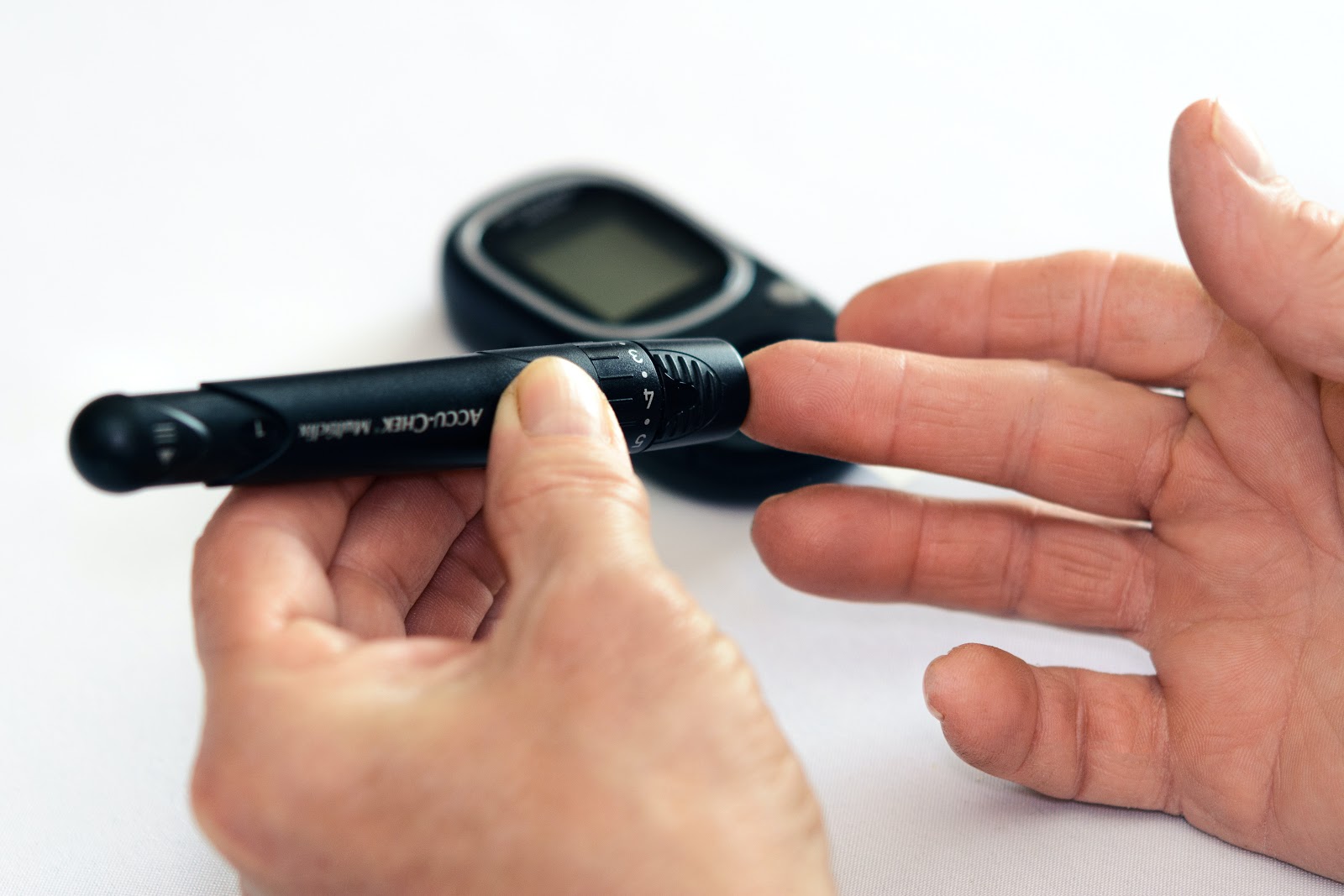Alzheimer’s Symptoms first occur in their mid-60s in most individuals with the disease-those with the late-onset form. Between a person's 30s and mid-60s, early-onset Alzheimer's happens and is very rare. The primary cause of dementia in older people is Alzheimer's disease.

So, what is Alzheimer’s disease?
Alzheimer's disease is an irreversible, progressive brain condition that steadily affects the ability to perform the simplest tasks, memory, and reasoning skills.
Its name dates back to Dr. Alois Alzheimer's who monitored unusual mental changes of a woman in 1906.
 The immune system weakens as a person ages, organs begin to deteriorate, and the body is vulnerable to many diseases. In which, Alzheimer’s symptoms could appear.
The immune system weakens as a person ages, organs begin to deteriorate, and the body is vulnerable to many diseases. In which, Alzheimer’s symptoms could appear.

Alzheimer’s disease statistics:
Experts estimate that Alzheimer's might occur in as many as 5.5 million Americans aged 65 and older.
Many more people under 65 years of age even have the disorder. The most essential established risk factor for Alzheimer's disease is rising age. Per year, nearly 3,60,000 new cases of Alzheimer's are reported.
What are the causes of Alzheimer's disease?
Scientists agree that for most people, Alzheimer's disease is caused by a combination of genetic, lifestyle, and environmental factors that change the brain over time.
It is assumed that the excessive build-up of proteins in and around brain cells triggers Alzheimer's disease. Amyloid is one of the proteins involved, deposits of which form plaques around brain cells. The other protein is called tau, whose deposits form tangles within the cells of the brain.

What are the risk factors that increase the incidence of Alzheimer’s disease?
-
Getting older
The largest known risk factor for Alzheimer's disease is an increase in age. Alzheimer's is not a part of natural aging, but the risk of having Alzheimer's disease rises as you get older.
-
Family history
If a first-degree spouse, your parent or sibling, has the disorder, the chance of developing Alzheimer's is much higher. The majority of Alzheimer's genetic mechanisms within families remain mostly unknown, and the genetic factors are possibly complex.
-
Down syndrome
In many people with Down syndrome, Alzheimer's disease is developing. This is possibly linked to having three copies of chromosome 21 and then three copies of the protein gene that contributes to beta-amyloid development. Alzheimer's signs and symptoms in people with Down syndrome tend to manifest 10 to 20 years earlier than in the general population.

-
Gender
There seems to be no risk differential between males and females, but, overall, there are more females with the disease because they live longer than males in general.
-
Mild cognitive deficit
Mild cognitive impairment (MCI) is a drop in memory or other mental abilities that is greater than what an individual's age would predict, but the decrease does not preclude a person from working in social or job environments. A diagnosis of MCI helps the person to reflect on healthy changes in lifestyle, develop memory loss compensation plans, and schedule routine doctor appointments to track any of Alzheimer’s symptoms.
-
Past injuries to the head
The risk of Alzheimer's disease is higher among people who have had serious head injuries.
-
Bad habits of sleep
Research has shown that poor sleep habits are associated with an increased risk of Alzheimer's disease, such as trouble falling asleep or staying asleep.

-
Cardiac health and lifestyle
The risk of Alzheimer's disease can also be increased by risk factors associated with heart disease like:

-
Absence of exercise. You can learn more about Meditation.
-
Obesity
-
Elevation of blood pressure
-
Smoking
-
High cholesterol levels. Please read more about healthy recipes to avoid hypercholesterolemia.
-
Uncontrolled diabetes

What are Alzheimer’s disease symptoms?
Alzheimer’s disease symptoms are generally divided into three Alzheimer’s stages:
-
Alzheimer’s disease early symptoms:
The primary symptom of Alzheimer's disease in the early stages is memory lapses.
Someone with early Alzheimer's disease, for example, can:
-
Forget about recent debates or activities
-
Objects Misplaced
-
Forget the names of things and locations
-
Having trouble thinking about the correct word
-
Repeatedly posed questions
-
Display poor judgment or find it more difficult to make choices
-
Becoming less flexible and more reluctant to try new stuff
-
Signs of changes in mood, such as increased anxiety or agitation, or periods of confusion, often occur.

-
Alzheimer’s symptoms in the middle-stage
It will be more difficult for those with the illness to recall the names of people they know and may fail to identify their family and friends.
Other symptoms can develop as well:
-
Getting lost, and not knowing what time of day.
-
uncertainty and disorientation.
-
Behavior; obsessive, repeated, or impulsive.
-
Delusions or feeling paranoid and suspicious about carers or Family members (believing untrue things).
-
Language disorders (aphasia).
-
Sleep disruptions.
-
Mood shifts, such as regular mood swings, depression, and increasingly nervous, irritated, or angry feelings.
-
Difficulty in performing spatial tasks, such as distance assessment.
-
Seeing or hearing things that are not done by other people (hallucinations).

-
Alzheimer’s symptoms in later stage
Alzheimer’s symptoms become more severe. The symptoms become more intense and can be distressing. Throughout the disease, hallucinations and delusions can come and go but may get worse as the condition progresses. People with Alzheimer's disease may often be hostile, demanding, and suspicious of those around them.
A variety of other symptoms can also develop, such as:
-
Eating and swallowing problems (dysphagia).
-
Difficulty altering location or moving about without support.
-
Loss of weight, often serious
-
Unintentional passing of urine or stools (urinary incontinence) (bowel incontinence).
-
Significant short- and long-term memory disorders.
Dew Treats advice
It is our advice to those who care about Alzheimer’s person: People may require full-time treatment and assistance with feeding (Especially healthy food), traveling, and personal care (i.e. shower, and use the bathroom) in the extreme stages of Alzheimer's disease. Someone with Alzheimer's disease typically needs full support with his daily life. A nursing home could be the best way to make sure they're safe and stable if people with Alzheimer's disease need round-the-clock treatment. Long-term care involves physical, social, and emotional needs. Please note that early-onset Alzheimer’s disease detection is very helpful to minimize Alzheimer's symptoms.
When can you visit a doctor?
Please talk to your doctor for a detailed evaluation and diagnosis if you are concerned about your memory or other thinking abilities.

Our dew treats for you today are about...Alarming symptoms of Alzheimer's disease and its initiative risk factors. But we have more details, advice, and knowledge tips to help you enjoy your life with healthy memory.



You must be logged in to post a comment.